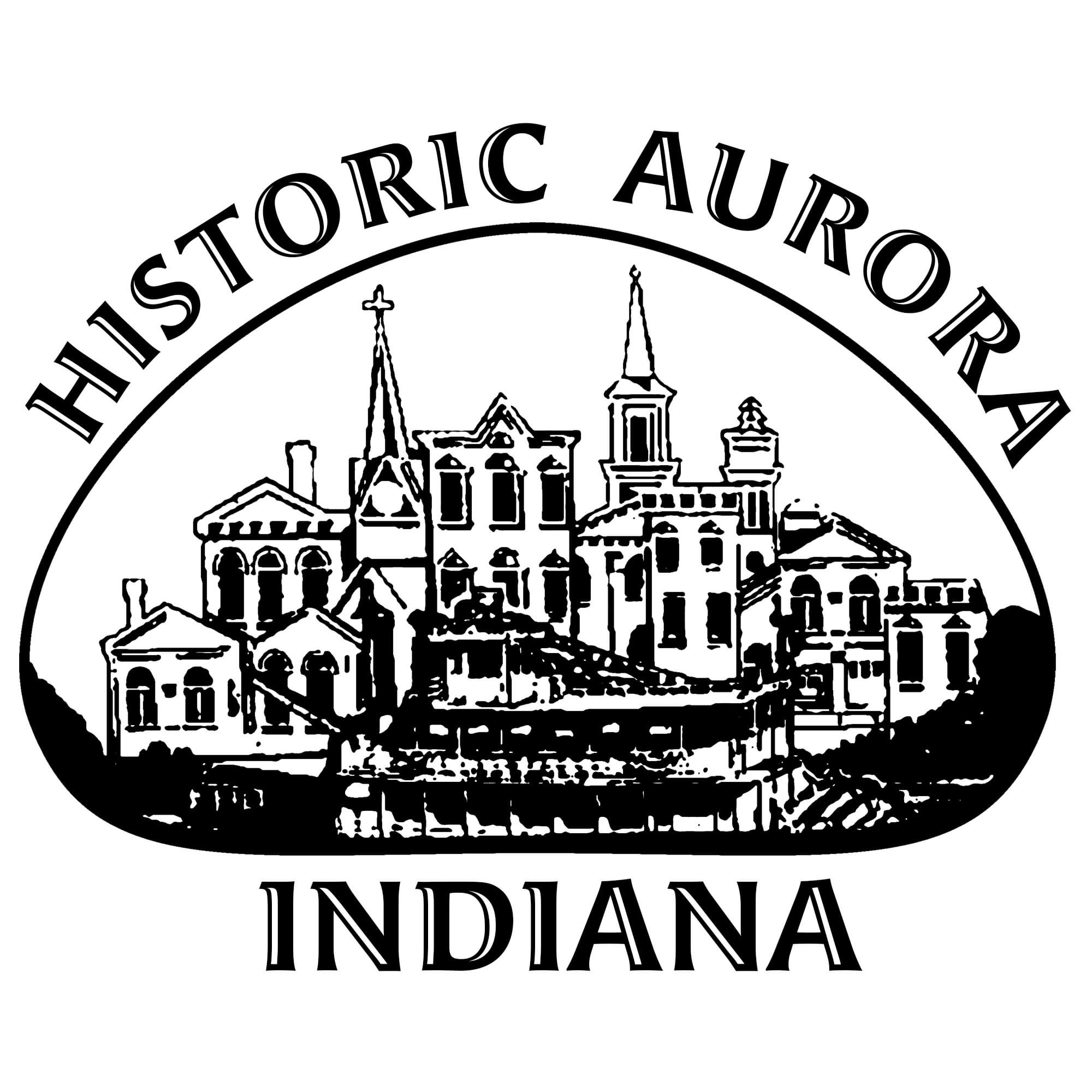Director: Mitchell Knigga, Indiana Landmarks
Obtaining Certificate of Appropriation
Building/Zoning Permits and Certificate of Appropriateness’s (COA) through the City’s Historic Preservation Commission (HPC) may still be required. If you are planning a project proceed as follows:
- Contact the HPC staff to see if your property is within the Historic Preservation District, see map Here, and if a Certificate of Appropriateness is required, by calling 812-979-0152 or by emailing Mitchell Knigga mknigga@indianalandmarks.org
If it is determined that a Certificate of Appropriateness is required HPC staff will guide you through the process:
Submit application via email to HPC staff or via mail along with $25 payment to:
City of Aurora, PO Box 158, Aurora, IN 47001 or in person at 235 Main Street Attn: Clerk Treasurer Office.If the HPC will be required to meet and vote on your proposal, it will be accomplished during a regular scheduled meeting time, at which time you can further explain your project plans.
- If needed, Dearborn County Planning and Zoning Department will arrange for obtaining a Zoning Permit (also known as a Location Improvement Permit) 812-537-8821.
- If required, call the Dearborn County Building Department to arrange for obtaining a Building Permit, 812-537-8822
What Is A Locally Designated Historic District?
A local government in Indiana can adopt a historic preservation zoning ordinance that enables it to designate and protect properties of historical and architectural significance. Authority for such local legislation comes from state statute, often called an “enabling act”. Indiana’s enabling act was made law in 1967, under Indiana Code IC-36-7-11. Some forty cities, towns, and counties in Indiana have designated local historic districts and individual landmarks.
Indiana Landmarks Consultant
Mitchell Knigga
mknigga@indianalandmarks.org
Southeast Field Office & Veraestau Historic Site
812-979-0152
FALSE: Paint colors for a residential or commercial property aren’t determined by the HPC. The HPC will however discuss appropriate options and share recommendations. Common themes include the Painted Lady with a series of complementary colors to highlight different architectural elements of a facade.
FALSE: The City of Aurora has specific Ordinance provisions set in place to preserve the historic ambiance of the Historic District. Typically Certificate of Appropriateness applications for revieware approved. Many have ability for staff approval without HPC review. The HPC doesn’t have the authority to override an Unsafe Building Order thru Code Enforcement nor the need for a Zoning Variance request process thru the Board of Zoning Appeals.
FALSE: Energy efficient building materials vs preservation options are considered with each site. A common misconception would be that wood windows are inefficient as compared to vinyl. Both have been approved as COA’s. Energy efficient options include interior storm windows, identifying appropriate seals are in place or repair of window by qualified restoration specialist.
MYTH BUSTED: The goal of the HPC, assisted by Indiana Landmarks, is to help Aurora retain our unique river heritage, celebrate and recognize relevant historic properties within the Historic District, as well as, offer guidance to property owners with preservation efforts within City Ordinance guidelines. See attached Certificate of Appropriateness Step by Step Process Checklist. Studies show the economic benefit to living in a historic district lead to higher property values. City leaders, the Aurora Redevelopment Commission, Code Enforcement, the Planning Commission and the HPC provide a strategic partnership towards these goals.
TRUE: However, the reality is quite the opposite. Appointed by the Mayor, each member of the HPC has extensive experience in property restoration, has lived in the Historic District or within the City limits and is dedicated to finding appropriate solutions for property improvements for residential and commercial property owners. HPC success stories listed within are an evident testament to enhanced property preservation, pride, and significance of community partnership with the Aurora Historic Preservation Commission.
Certificate of Appropriateness
Easy Step-by-Step Guide
- Property owner confirms that the concerned property is within the local historic district.
- If it is, property owner downloads COA application from the City of Aurora’s website or picks up a copy at City Hall.
- (optional but highly recommended) Property owner contacts HPC Staff for consultation and site visit prior to completing the COA application form.
- Completed COA applications along with $25 application fee must be submitted to the Clerk’s office at City Hall by 5 p.m. on the last Monday of each month in order to be added to that month’s HPC agenda. No late applications will be accommodated.
- Staff prepares a report based upon existing conditions, best practices, and city ordinance.
- At City Hall on the second Monday of the month at 6 p.m. the HPC conducts reviews of submitted COA applications. At this review COA applications will be Approved, Approved with Conditions, or Denied.
Success Stories
Preservation Award Winners
Benefits of Establishing a Local Historic District
Just as there is more involved in establishing a Local Historic District than slapping on a new coat of paint to the side of a building and replacing a few windows, preserving a historic district isn’t simply about protecting something old. While most people don’t see beyond the revamped facades of the once dilapidated structures, there are a number of hidden benefits to historic districts that are attractive to both investors and the community at large.
Click the button below to discover some solid benefits that can be realized by establishing a Local Historic District.
